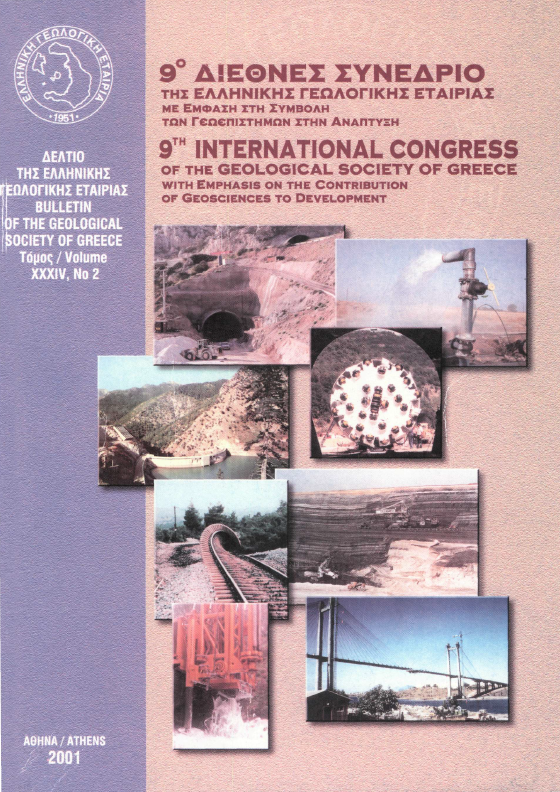Geology in primary education; Potential and perspectives

Abstract
The factors which defined what Geological elements and how are being taught in Greek Elementary Schools are not only included in the National Curriculum Programs and in the Textbooks. The very few teaching hours of the subjects in which are included, the poor school-libraries and the absence of specialized training of the Primary schools teaching staff have an important role also. An additional role has the absence of modern thought for the specific problems of the Geological subject matter and the needs of educational process. This study deals with the evaluation and presentation of the Geological subject matter of the textbooks in Primary Education, as it is referred in Geography of the last two years in school. Also, the potentials and perspectives of enriching the Geological matter through the Textbooks "Study of the Environment", which are taught during the first four years of Primary schools are presented. Indicative examples on development and implementation of geological knowledge in practice are suggested, according the principles of Environmental Education, splendidly covering as well, the teaching and learning targets of this subject.
Article Details
- How to Cite
-
ΡΟΚΚΑ Α. X. (2018). Geology in primary education; Potential and perspectives. Bulletin of the Geological Society of Greece, 34(2), 819–823. https://doi.org/10.12681/bgsg.17705
- Section
- Geosites

This work is licensed under a Creative Commons Attribution-NonCommercial 4.0 International License.
Authors who publish with this journal agree to the following terms:
Authors retain copyright and grant the journal right of first publication with the work simultaneously licensed under a Creative Commons Attribution Non-Commercial License that allows others to share the work with an acknowledgement of the work's authorship and initial publication in this journal.
Authors are able to enter into separate, additional contractual arrangements for the non-exclusive distribution of the journal's published version of the work (e.g. post it to an institutional repository or publish it in a book), with an acknowledgement of its initial publication in this journal. Authors are permitted and encouraged to post their work online (preferably in institutional repositories or on their website) prior to and during the submission process, as it can lead to productive exchanges, as well as earlier and greater citation of published work.


